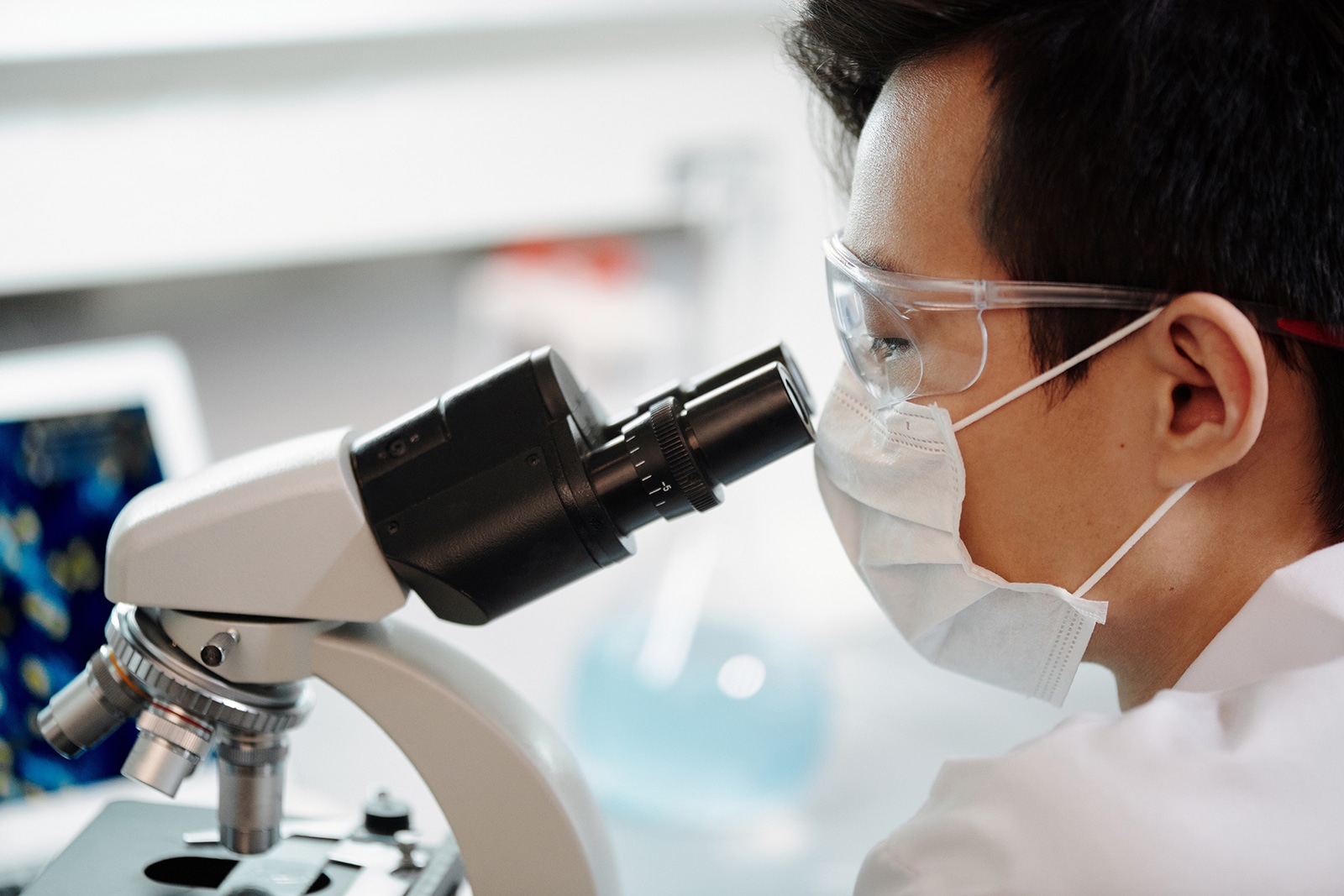
09 Feb What is a Biocompatibility Test of Dental Materials?
What is a Biocompatibility Test of Dental Materials?
Up to 33% of the general population may have chemical sensitivities that make them susceptible to reactions from dental materials. The best way to avoid a reaction to a dental filling is to have a biocompatibility test of dental materials completed. What exactly is a biocompatibility test? It is a test to determine which materials are most biocompatible and biologically appropriate for use in your mouth. The test is conducted by submitting a simple blood sample to a lab to determine which dental materials are suitable based on your individual biochemistry.
What types of materials are used in dentistry?
Thousands of dental materials have been developed and are used in practice today. Some of the most common include:
- Composite Fillings: consist of tiny glass particles in a resin base.
- Amalgam: is made of approximately 50% mercury and a mix of silver, tin, zinc, and copper.
- Galloy: is a brand-new material containing silver, tin, copper, indium, and gallium.
- Direct Composite: plastic material that binds to the tooth structure
- Indirect Composite Inlay/Onlay: used when a more exact fit is needed.
- Porcelain Inlay/Onlay: different types include: Feldspathic, Leucite-reinforced, Polymer-reinforced, and Zirconium-based.
- Gold Inlay/Onlay: usually mixed other metals and not in its pure form.
- Titanium Inlay/Onlay: Titanium is used when a gold alloy is not biocompatible.
- Dental cements: used for temporary restoration of teeth, cavity linings to provide pulpal protection, and as a sealant. There are many different kinds, including biocompatible dental cement.
What are the most biocompatible dental materials?
With so many options, what are the most biocompatible dental materials? In truth, while there are some materials that are less likely to cause a reaction, or other health related issues, the best biocompatible material for you will depend on the results of your biocompatibility test. Everyone has bio-individuality, meaning what works for one person, may not work for another, and vice versa.
The Use of Amalgam in Dentistry
The mercury in Amalgam fillings can have devastating effects on the body. At Prescott Dentistry, we do not use amalgam fillings and recommend having them removed due to the number of health effects they may cause. We provide safe, non-toxic amalgam removal. Individual circumstances will determine which precautions are needed or used. To have all your questions answered, contact us for a consultation with our dentist about non-toxic amalgam removal.
Interested in a biocompatibility test?
Here at Prescot Dentistry, we aim to provide the safest, least invasive methods for restoring your teeth. If biocompatibility testing sounds right for you, give us a call to schedule a consultation.
Image used under creative commons license – commercial use (1/26/2021) Edward Jenner (Pexels)



